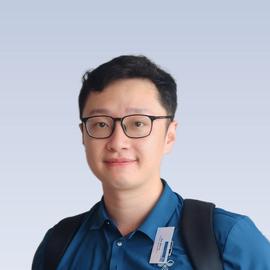Abstract
The unextendibility or monogamy of entangled states is a key property of quantum entanglement. Unlike conventional ways of expressing entanglement monogamy via entanglement measure inequalities, we develop a state-dependent resource theory to quantify the unextendibility of bipartite entangled states. First, we introduce a family of entanglement measures called unextendible entanglement. Given a bipartite state , the key idea behind these measures is to minimize a divergence between and any possibly reduced state of an extension of . These measures are intuitively motivated by the fact that the more a bipartite state is entangled, the less that each of its individual systems can be entangled with a third party. Second, we show that the unextendible entanglement is an entanglement monotone under two-extendible operations, which include local operations and one-way classical communication as a special case. Unextendible entanglement has several other desirable properties, including normalization and faithfulness. As applications, we show that the unextendible entanglement provides efficiently computable benchmarks for the rate of perfect secret key distillation or entanglement distillation, as well as for the overhead of probabilistic secret key or entanglement distillation.
Publication
arXiv:1911.07433

Associate Professor
Prof. Xin Wang founded the QuAIR lab at HKUST(Guangzhou) in June 2023. His research primarily focuses on better understanding the limits of information processing with quantum systems and the power of quantum artificial intelligence. Prior to establishing the QuAIR lab, Prof. Wang was a Staff Researcher at the Institute for Quantum Computing at Baidu Research, where he concentrated on quantum computing research and the development of the Baidu Quantum Platform. Notably, he spearheaded the development of Paddle Quantum, a Python library designed for quantum machine learning. From 2018 to 2019, Prof. Wang held the position of Hartree Postdoctoral Fellow at the Joint Center for Quantum Information and Computer Science (QuICS) at the University of Maryland, College Park. He earned his doctorate in quantum information from the University of Technology Sydney in 2018, under the guidance of Prof. Runyao Duan and Prof. Andreas Winter. In 2014, Prof. Wang obtained his B.S. in mathematics (with Wu Yuzhang Honor) from Sichuan University.